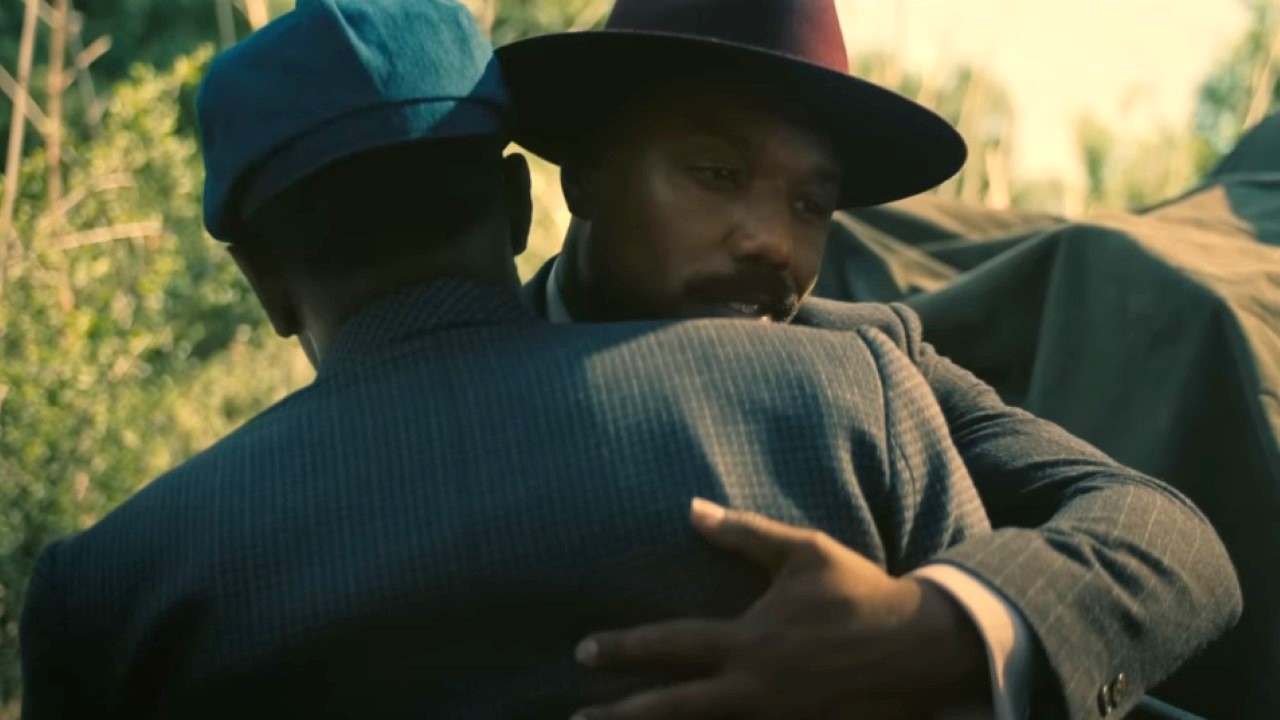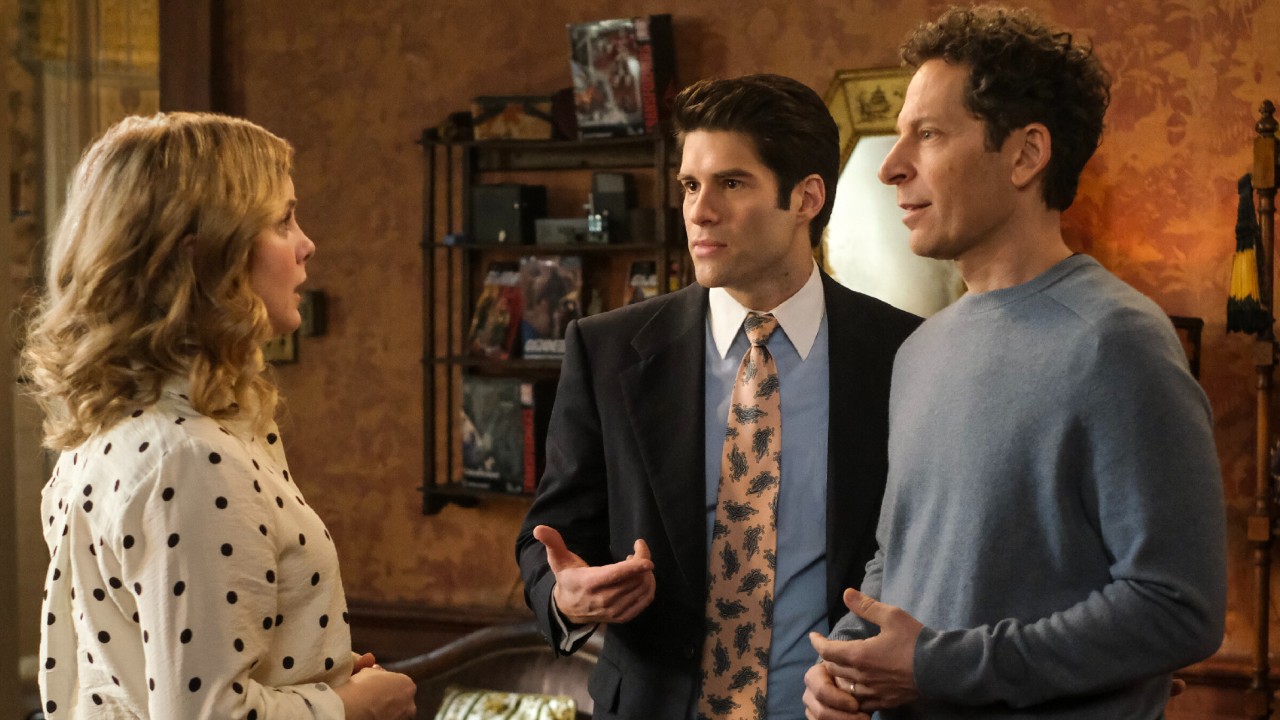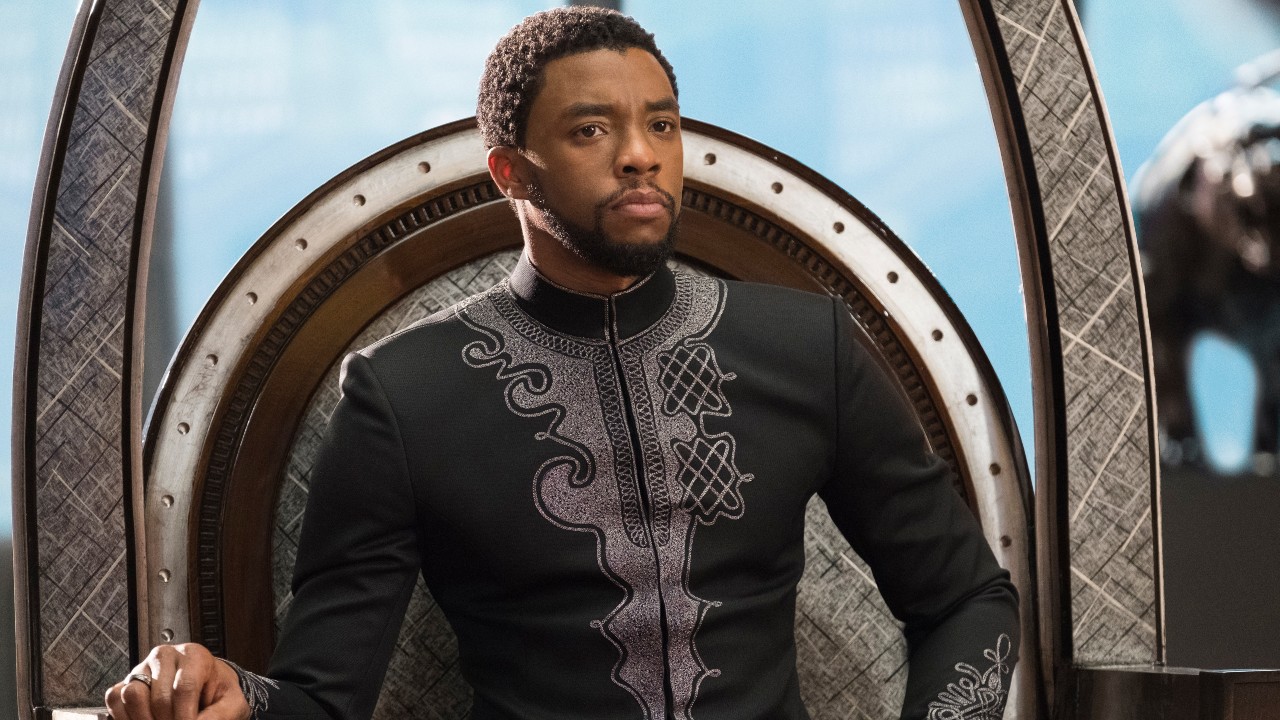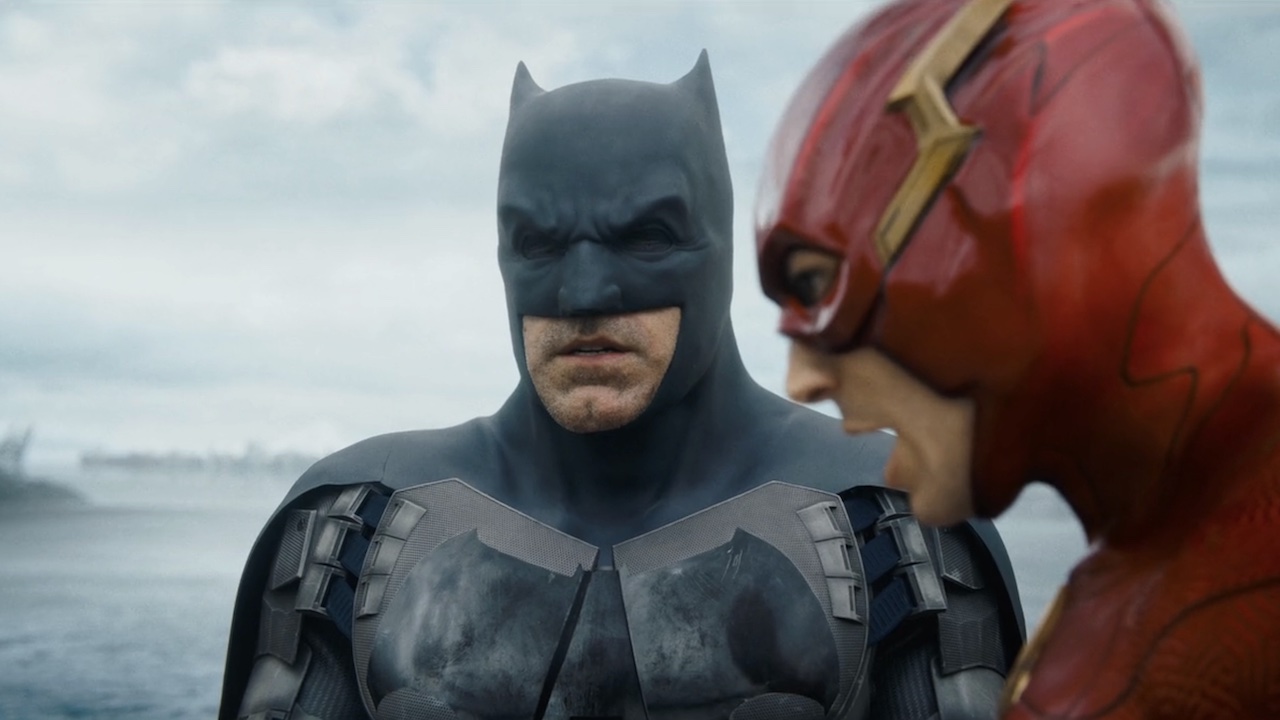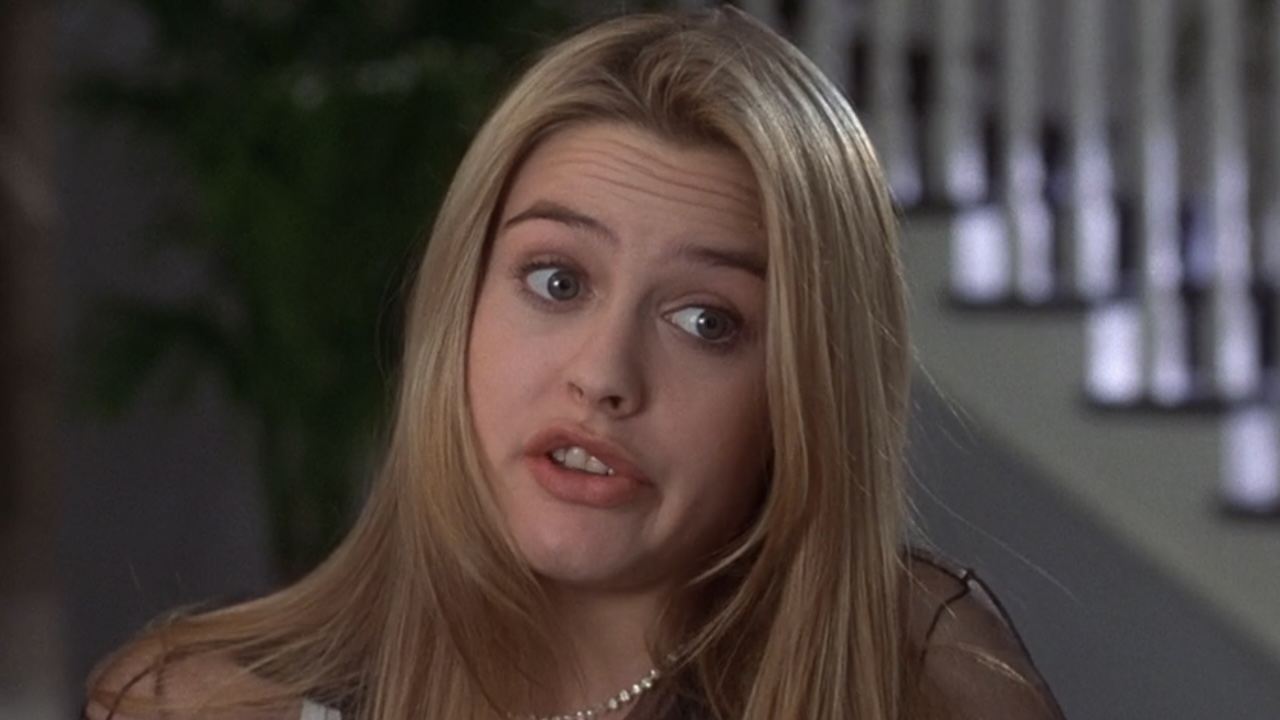6 Big Changes The Bond Franchise Should Make After Spectre
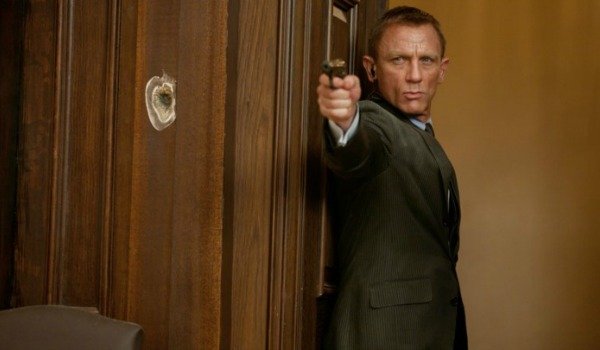
I liked Spectre. Sure, it’s no Skyfall, but for 2 hours and 30 minutes it thoroughly entertained me. At the points, when its flaws were painfully obvious, I decided to internally tell myself in the broad Italian American accent that my mind surpisingly adopted, "Fuhgeddaboudit," and enjoyed the blockbuster film in the escapist manner it was intended.
As the countless negative American reviews have revealed, that hasn’t been the case for some critics, with the general consensus being that Spectre is cumbersome and bland. Does this mean that Daniel Craig’s James Bond reboot now needs to be rebooted back to the classic incarnation of yesteryear? At this point, it’s too early to tell. But here are 6 big changes that the Bond franchise could make with Spectre's follow-up that should appease the naysayers. WARNING: They almost certainly won’t stop the complaining, because, sometimes, people are just like that. Oh yeah, and there are also SPOILERS ahead. So don’t read on if you haven't seen Spectre.
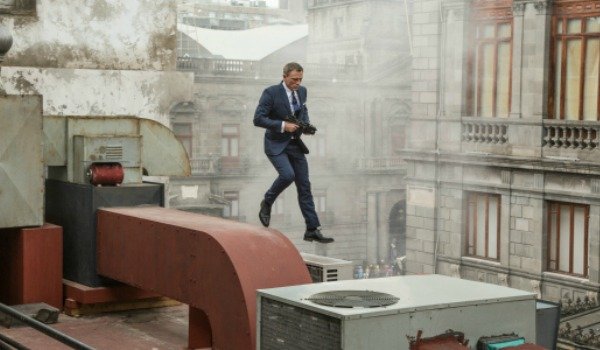
New Director
I love Sam Mendes. Not only is his eye the cinematic equivalent of an Andrea Pirlo pass – elegant, beautiful, and he produces things that only he could have both spotted and executed – but if I was shooting a plastic bag floating in the wind and needed someone to make it poignant, almost magical, he’d be my first call. With both Skyfall and Spectre, Mendes has eked out what I consider to be the two most compelling James Bond performances ever. I believe that Daniel Craig needs, needs, needs to bring his Bond to a resolute end that doesn’t end with him living happily ever after. In order to do this, Sam Mendes’ poignant, classy beauty should be replaced by a more rugged and direct filmmaker. I’m thinking Danny Boyle. Just because, well, he’s Danny fucking Boyle.
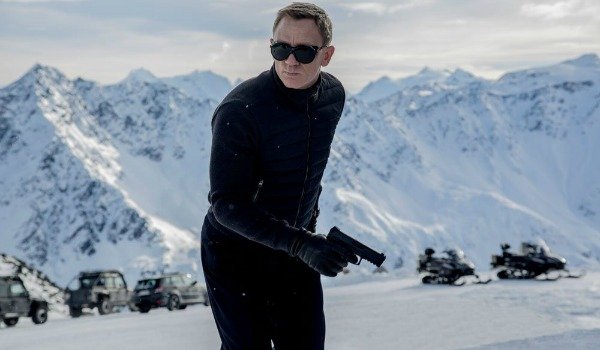
It Shouldn’t Be Connected To Past James Bond Films
There’s a line close to the end of Spectre where Christoph Waltz’s Blofeld tells Craig’s Bond, "I’ve put you through quite the ringer haven’t I, James?" It made me think, "Has he? Really?" It was obvious that the villain wasn't just talking about the antics of Spectre, because he made it clear that he was the architect of all of the heinous things that have happened to James Bond starting with Casino Royale. But it was impossible for me to be overly impressed with Christoph Waltz’s villainy because Casino Royale was released nine years ago. The fact that Spectre tried to use Casino Royale, Quantum Of Solace, and Skyfall’s villains, as well as the character’s own past, to try and make Blofeld more imposing just didn’t work. And the constant references to these films just felt superfluous. Of course there was another reason why Christoph Walt’s Blofeld wasn't as potent as he could have been…
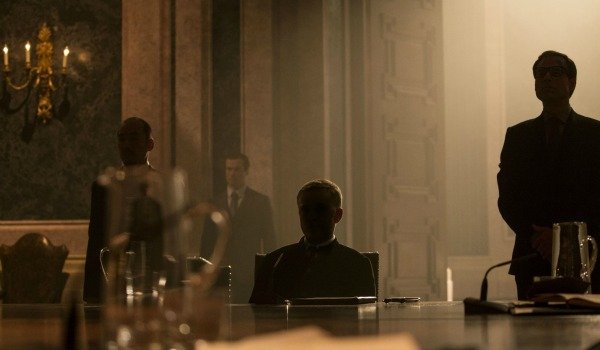
More Scenes With The Villain
CINEMABLEND NEWSLETTER
Your Daily Blend of Entertainment News
What is it this year with blockbusters and their tepid villains? OK, I admit that when Christoph Waltz was actually on screen he was deliciously and magnetically evil, but there just wasn’t enough of him. Instead, Sam Mendes rather infuriatingly kept him at arm’s length for much of the film. First we got to see his back. Then his face was obscured by the shadows. In fact, even when he originally talked he whispered to his assistant. If Christoph Waltz then featured prominently in Spectre for the rest of the film, that might have been a good introduction, but instead, Bond chased around the world for over an hour looking for clues to track him down. All this meant that Blofeld felt underused. There was yet another issue why audiences had every right to feel aggrieved with Blofeld though…

No More Lying To The Audience
OK, this isn’t just Spectre’s fault. Spectre gets the brunt of my frustration because of the fact that Star Trek: Into Darkness insisted Benedict Cumberbatch wasn’t Khan, only for that to be a downright lie. This was also the case for Christoph Waltz in Spectre, who continually, and at times rather vehemently, denied he was Blofeld, only to end up being Blofeld. Here’s my issue: Why lie? Doing this only has a negative effect on the film. Not only does it suggest that those involved needed to trick their audience to somehow increase their enjoyment, but as soon as you learn that they were lying, you're instantly taken out and lose focus of the film. Especially since you can’t help but tell those around that you always knew they were lying. It’s a sly, idiotic trick that needs to come to an end.
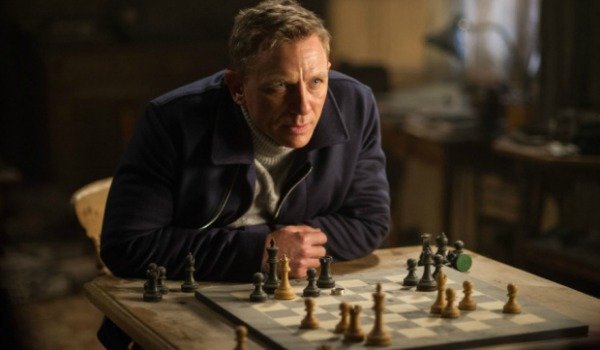
More Gags And Wit, Less Waffle And Heart
Spectre is written by Jez Butterworth, John Logan, Neal Purvis, and Robert Wade, with the latter trio having also penned Skyfall. And you can tell, which is both a good and bad thing. Like its predecessor, Spectre is wonderfully structured and has a flowing rhythm and enjoyable energy that keeps it bouncing along nicely for its entire run time. Unfortunately, Spectre also doesn’t sparkle with wit or humor. Sure, there are gags, they’re just not laugh out loud funny. Instead, they’re the sort you smile at just to be polite. Plus, characters repeatedly use waffling imagery to describe situations, and dialogue regularly goes on for just one line too long. Meanwhile, the fact that Daniel Crag’s James Bond was still lovelorn and seemed to walk away happily ever after with Lea Seydoux’s Dr. Madeline Swann was too heartfelt. Sadly, especially since Seydoux was so magnificent, it was so heartfelt and out of place that I was hoping for an On Her Majesty’s Secret Service type ending to befall Swan. Maybe we’ll get it at the start of the next film.
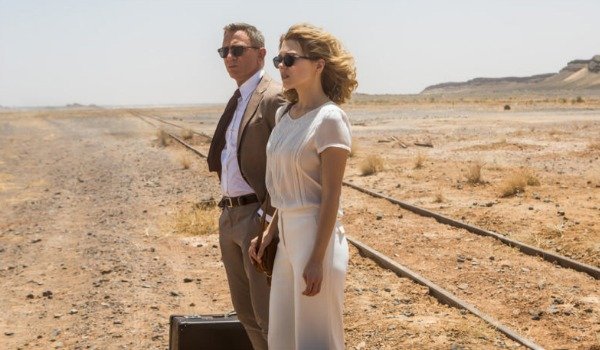
Time To Look Forward, Not Back
This one’s a little bit harder considering James Bond’s esteemed cinematic history. However, it’s not just directed to the filmmakers, who, in Spectre, failed in their attempt to build a mini-Marvel-esque universe by referencing Casino Royale, Quantum Of Solace, and Skyfall. It’s also aimed at the fans and critics that perennially judge James Bond against his prior films and incarnations. Any slight alteration to the character is instantly seen as the equivalent of a swift kick in the groin. Of course, living up to these comparisons has helped make James Bond so great and what he is today, but it hindered Spectre. Instead of being celebrated for just how gloriously fun and entertaining it is, Spectre has been criticised for not matching the traits of its past. The car, women, gadgets, and villain have all been attacked, which is rather funny since a decade ago the first three were being used as examples as why Bond was obsolete in comparison to Jason Bourne. Despite these insipid traits, Spectre is still a hugely enjoyable film, and as long as James Bond's latest adventure is satisfying, thrilling, and a compelling slice of escapism then it should be celebrated, not chastised for trivial reasons.



